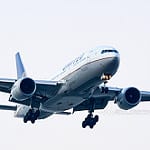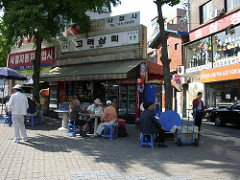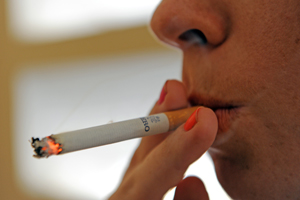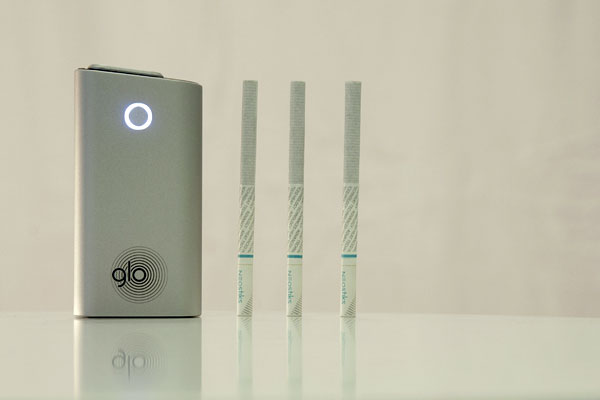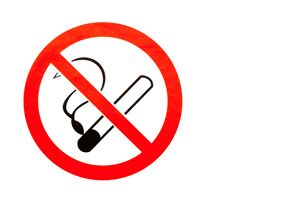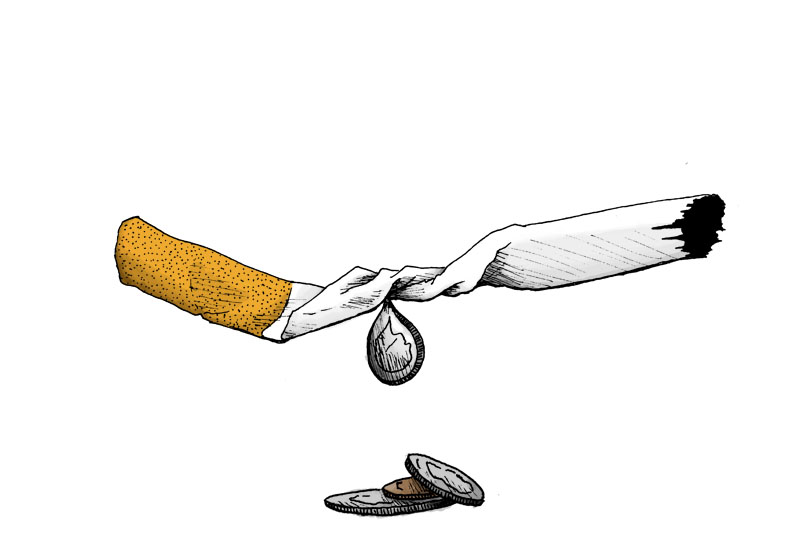A South Korean parliamentary committee has endorsed a bill aimed at raising the tax on heat-not-burn (HNB) cigarettes, according to a story in The Korea Times.
The story, quoting ‘industry sources’ said the proposed rise would increase the retail price of the consumable element of HNB products, such as Philip Morris’ Heets and BAT’s Neostiks, from 4,300 won ($3.78) to 5,000 won a pack.
Most combustible tobacco cigarettes retail for 4,500 won a pack, of which 3,323 won is tax.
The National Assembly’s Strategy and Finance Committee passed the revision bill to the tobacco tax code on Friday. If the bill passes a forthcoming parliamentary plenary session, the higher tax will be implemented from mid-December.
Philip Morris Korea confirmed that the proposed tax hike would push up the retail price of Heets, though it did not say by how much.
A BAT Korea official said that the tax rise, as proposed, would have a huge impact, and that, BAT would have to think about increasing its prices.
And KT&G expressed concern about the pricing of its new HNB device, LiL.
But the Minister of Strategy and Finance, Kim Dong-yeon, said the chance of a price hike was low. Kim said the tax levied on HNB products in Japan was 80 percent of that levied on regular cigarettes, and HNB products were sold there for 460 yen, which was similar to the price of regular cigarettes.


